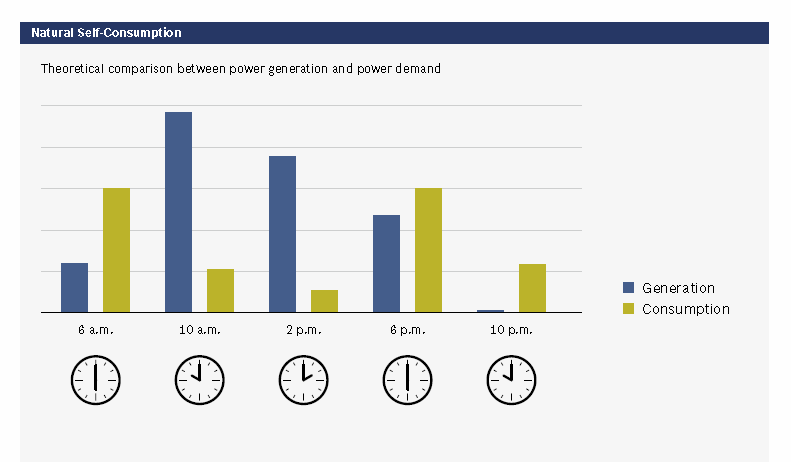Making Solar work for you
| For most kiwis it is becoming increasingly important to make smart, healthy and sustainable choices for just our generation but future generations as well. Part of making smart decisions out future investments is to see a clear and healthy return on your investment (ROI) no matter what area of life. In this section you will find information no how you can make sound investment decisions through our systems. We have the information figures and tools to help answer any of your questions and also enabled YOU control of your future investments and expenses | |
 |
Independence With solar energy generated by a photovoltaic system, you can become your own electric company. The use of self-generated solar energy not only makes you less dependent on commercial energy suppliers, but also helps reduce our reliance on conventionally produced energy from fossil fuels or nuclear power. |
 |
Savings Potential
By using solar energy that you have generated yourself, you can reduce the amount of electricity that you need to "buy" from the public grid. This helps reduce our electricity bill on a regular basis. Plus, you'll save even more money every time the electric companies raise their prices because you can always use the electricity you have generated yourself for free.
|
 |
Security for the Future
With high-performance solar modules from Bosch Solar Energy, anyone can generate and use electricity safely and with long-term security. As a well-established company with a successful history stretching back over more than 125 years, Bosch is a truly reliable business partner. Plus, having your own photovoltaic system reduces your household's CO2 balance and contributes to the move toward environmentally-friendly and sustainable alternative energy sources that can help secure a better environment for us all.
|
 |
Increased Cost Savings Effect
Intelligent storage solutions designed for time-delayed power consumption are becoming more and more important as they enable the most efficient internal use of self-generated solar energy. Self-collected solar energy can thus be used even when the sun is not shining. This increases the percentage of self-generated energy that you can use yourself and only the energy that you do not need is then fed into the public grid at the current feed-in tariff.
|
Natural Self Consumption |
|
|
Every household uses energy on a daily basis. The amount of electricity used varies over the course of the day, from season to season and, of course, when the weather changes. At the same time, the energy supplied by photovoltaic systems also fluctuates over the course of a day, at different times of year and depending on the weather conditions.
Self-consumption is calculated as the ratio of directly consumed energy to generated energy. Natural self-consumption is a statistical value. It indicates the proportion of solar power generated by a photovoltaic system with a specific output that a household of a certain size can use without conscious changes in behavior or the use of technical components.
The natural self-consumption rate is usually about 20 % for a one-person household and about 40 % for a five person household and a 5 kWp system.
|
 |
|
Self-consumption quotas can be increased by implementing simple optimization measures.
Either by changing user behavior (manual optimization):
Or, with specially designed technical
solutions:
|
 |
